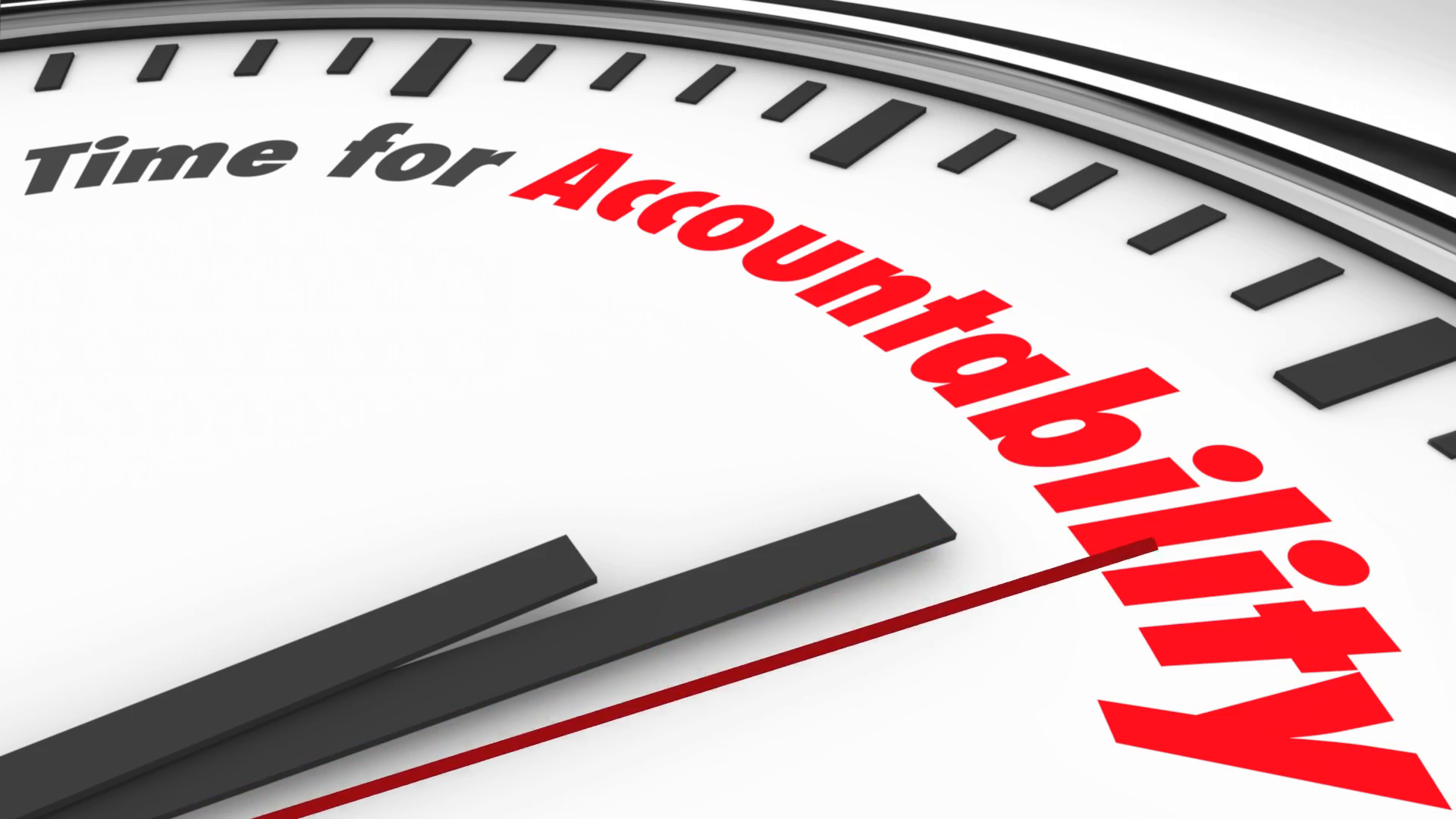I have been trying to write down some of my thoughts lately, but I have been very skeptical. Everything you write or say nowadays offends someone. People are so quick to label you. They either think you are judgmental, a clout chaser, or purporting yourself as “perfect”. When people try to label others who voice their perspectives or opinions, I am left wondering, “how do you discern which opinion is meant for attention and which isn’t?”
A year or two ago, I wrote an opinion editorial on the LGBTQ+ Community and I got so many labels and backlashes. And as most people would say nowadays, I said to myself “I don’t care what people think of me.” The truth is, I did then and I do now. Who doesn’t care what people say or think of them? I was even more conflicted then when a friend of mine inboxed me to say that my article was a “balanced” assertion and these “conversations were needed” in our environment. Surprisingly, the same person went and commented on the post where I was being roasted, saying “No one asked your opinion.”
I know a lot of people who write online or say in public things like “I prefer being single”; “I am only after money now, love can wait”; “I am living wild and free,” etc. These same people are restless, they cry and confide in people stating just about the opposite of everything they talk about online or in public. Why the hypocrisy? At this point, even though I care, you can label me already because it is getting “messier” from here.
Let me use myself as an example. I do care a lot about what people say about me. It’s either I find their “feedbacks” useful or useless. Either way, I appreciate them. For me, it’s not about what you think or say about me, it’s how I allow it to affect me. People are going to think or talk anyways. I think the problem nowadays is, we confuse “not caring about what people say about us” with “not caring about how we live.” There is a difference.
I really do believe in love. I aspire to have a partner and a family. I want my partner to be faithful and committed. I want my kid(s) to grow up seeing their parents committed to one another. Like many others, I have been heartbroken and have gone on to deepen my wound and inflict pain on others. I have cried foul on my past girlfriends for cheating and doing other stuff when I was clearly cheating and doing the very same stuff too and the only difference was, they were the ones caught at the time. I have decided to be accountable for all my actions and to not allow the wave of “heartbreak will reach everyone” prevent me from INTENTIONALLY trying to be a better person.
Almost five hundred words later and here is why I wrote this piece.
At what point in our lives do we take responsibility for our actions?
When a guy steals nowadays, for example, we focus less on the wrong and more on creating a “haven” for him. “He probably grew up without a father figure”; “He probably grew up seeing people steal or being exposed to these acts at an early age”, you’ll hear people say. What about “Stealing is wrong?” We encourage impunity by saying to those who want to hold him accountable, “cast the stone if you haven’t sinned or aren’t sinning.”
A lady, a full-grown adult, will know and agree to date a married man, for example, and when the man leaves her obviously, she will start to label men as “cheats” and “trash” and surprisingly, you’d hear “She was manipulated”; “How will you be married and be chasing someone else?”, etc. How about saying “No, you are married and I can’t date you?” When you call her out for her part in it, you are “insensitive to her feelings”, you are “protecting your kind”, you are “an apologist”, etc.
We idolize and aspire to have these facades we see online to the extent that the real things around us aren’t meaningful anymore. We crave quickies, one-night stands, “plenty-somes”, etc., even though we claim to have or want “faithful” partners. When you confront people, they play the “We are not perfect” or the “YOLO” card.
Most of us prefer to follow the crowd because there is little or no accountability. After all, it must be cool when most people are doing it, right? Like my friend who thought that my article was balanced in my inbox, most people prefer to be two-faced and pleasing to all parties. We have become too fluid that we are only taken for granted.
Most of us know that cheating is wrong, for example. Most of us also know that it hurts when you find out that your partner is cheating on you. Yet we do it anyway. Why? Someone said to me “My partner will cheat anyways, so I must cheat too.” Do you not feel any pain when you find out your partner is cheating at the same time you are cheating too? In most cases, you do. What really is the essence then? Is it worth it?
What if we all start holding ourselves accountable? There is a difference between “victim-blaming” and “‘victim perpetrating.” You are NOT innocent when you kill someone’s mom because they killed your mom. You are a victim when you are cheated on but you can’t use that as a justification for cheating on someone else. Why? Because wrongs are wrongs or morally unacceptable irrespective of the reason it was done. Cheating is wrong. Stealing is wrong. Dating someone who is married is wrong and so are the other things we do. And until we hold ourselves accountable for our actions, we are going to remain hurt while finding labels to justify our actions and people who try to nudge us into consciousness.
Authored by Jay Hoff
Featured pictured by


This may be a surprise to people who doesn’t know your pen game, but Never have you disappoint In your writings, and this well-balance article says it all.
What a great piece of literature
Wow! This is a masterpiece! Thanks Mr. Hoff